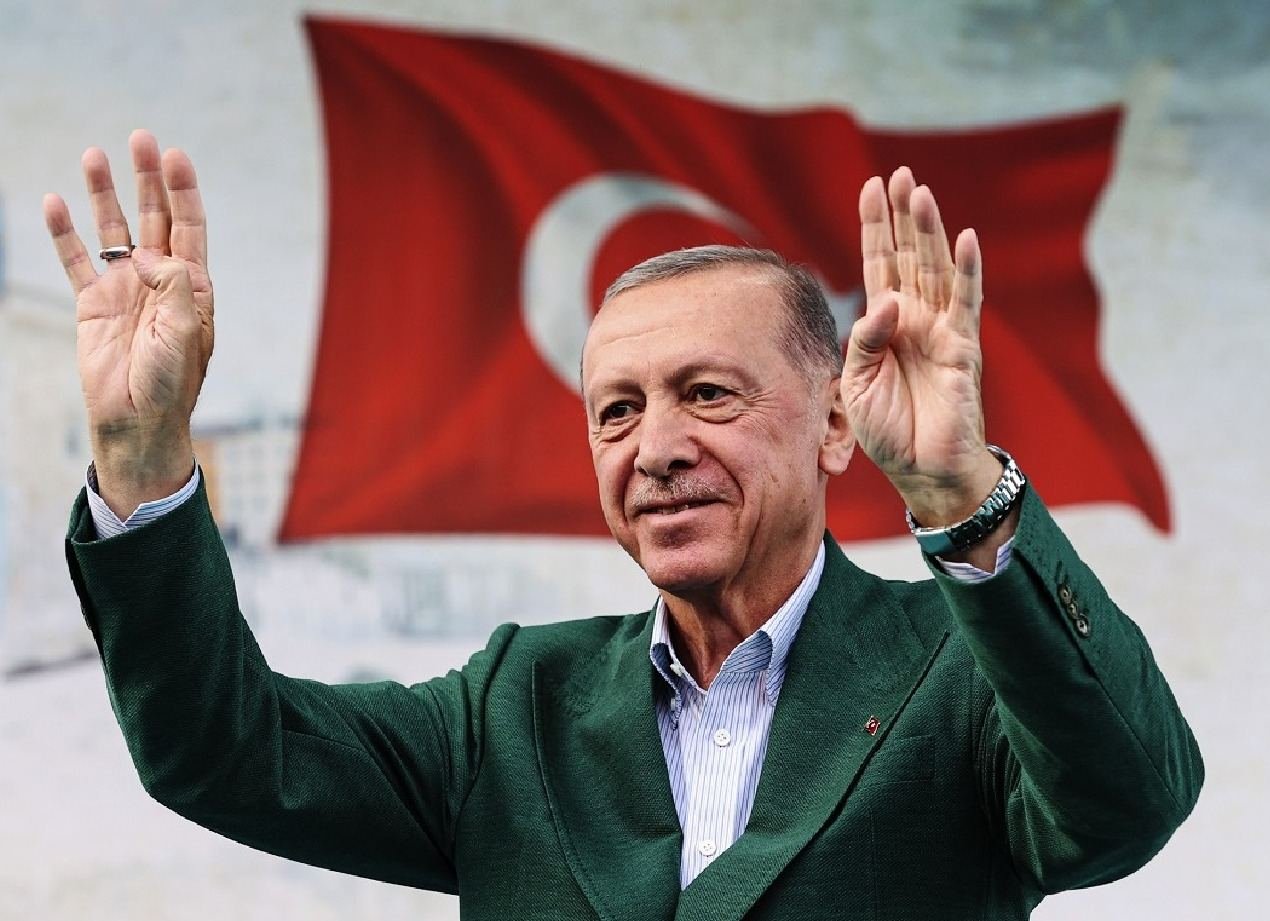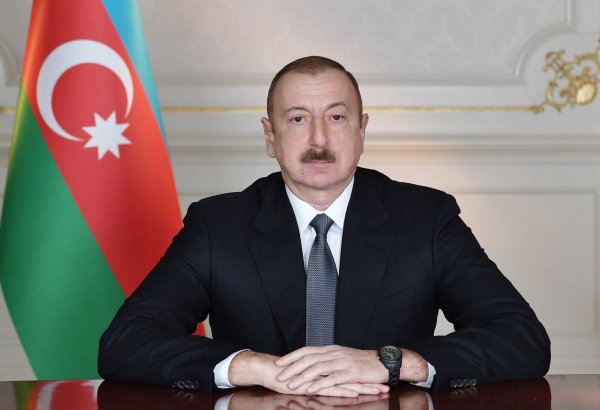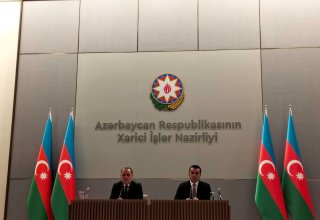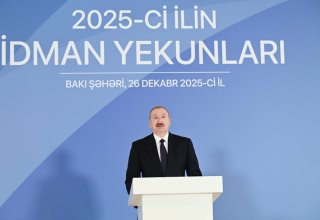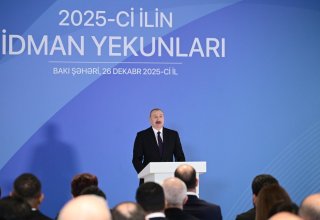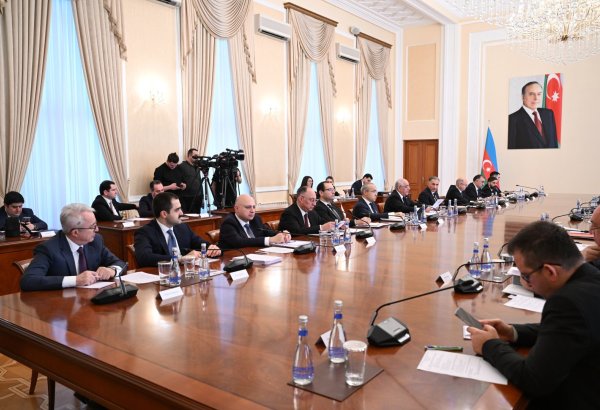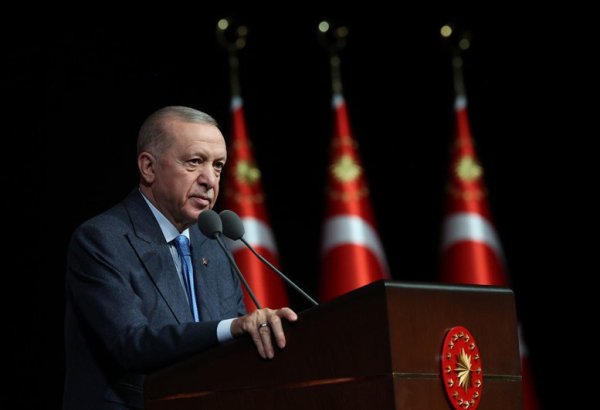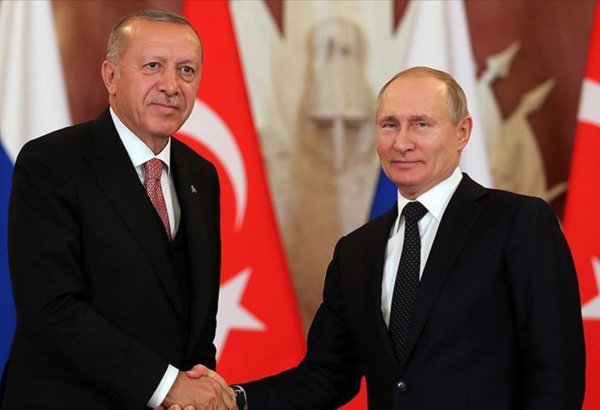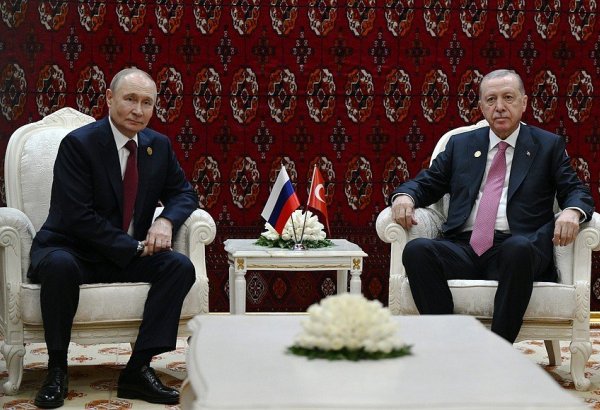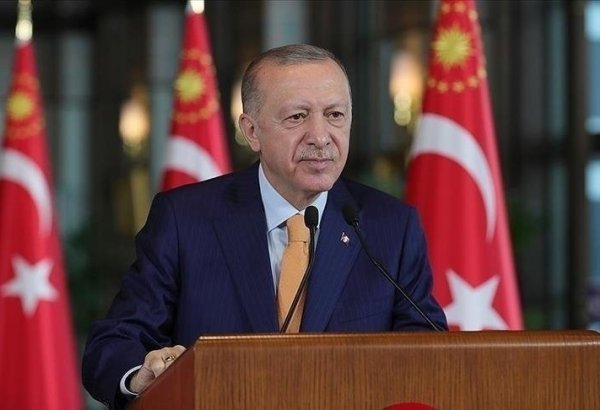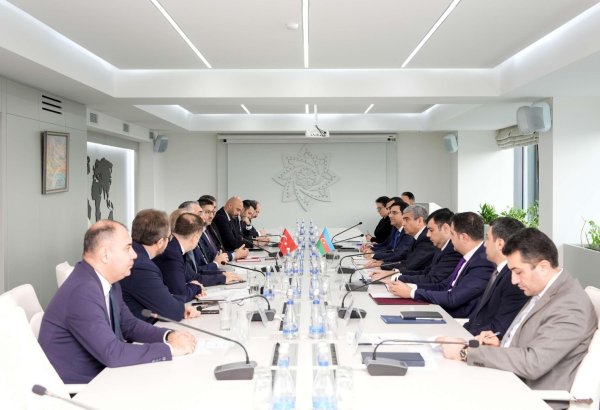Baku TurkicWorld
Having evaluated and concluded objections, Türkiye’s Supreme Election Council (YSK) on Thursday announced the final official results of May’s presidential and parliamentary elections and confirmed President Recep Tayyip Erdoğan’s victory in Sunday’s runoff vote, TurkicWorld reports citing Daily Sabah.
Erdoğan won the presidential runoff with 52.18% from 27,834,589 voters, while his main challenger Kemal Kılıçdaroğlu garnered 25,504,724 votes, amounting to 47.82%, YSK chief Ahmet Yener told reporters in Ankara.
“As per our council’s evaluations, Recep Tayyip Erdoğan has been elected president and the decision has been sent to the Official Gazette,” Yener said.
Following the confirmation, Erdoğan is set to receive his mandate, an official document certifying his mandate, from current Parliament Speaker Mustafa Şentop on Saturday.
On Friday, a total of 335 newcomer parliamentarians will be assembling in Ankara to be sworn in at a special session likely to last over nine hours and be overseen by interim Parliament Speaker Devlet Bahçeli, the head of the Nationalist Movement Party (MHP) and the oldest member at 75.
The general assembly of Parliament will be helmed by Bahçeli and the six youngest members acting as clerks until the presidency council is elected in the new term.
The following day, Erdoğan will take his oath before all sworn-in members of Parliament to remain Türkiye’s 12th ruling president and become the 13th in the line of elected leaders. The people have directly elected the Turkish president since the constitutional amendment was made in 2007. Erdoğan’s first win in presidential polls was in August 2014.
On May 14, Erdoğan's People’s Alliance, headed by his ruling Justice and Development Party (AK Party) in partnership with the MHP and two smaller parties, also won a majority in Parliament, securing 323 seats in total while the opposition’s six-party Nation Alliance covered 212 seats with 35% support.
Erdoğan had 15 ministers in his Cabinet running for Parliament on May 14, including Vice President Fuat Oktay, who will drop out of the presidential Cabinet once they swear in as lawmakers due to the rule on the division of powers.
In order to keep the ministers on duty for a little while longer, however, Ankara is mulling a “delay” in which Oktay and the 15 ministers would refrain from swearing in this Friday and wait for the general assembly session next week, which is allowed by Parliamentary bylaws.
After Parliament seats are appointed, Erdoğan will be assembling a new Cabinet, which he previously indicated would consist of “dynamic and young people” in a way that would “resonate with the aspirations of the new generation.”
He also packed the AK Party's ranks with young members, including Parliament’s youngest deputy the 25-year-old Zehranur Aydemir, and marked a 65% change among its lawmakers to foster key affirmative action for women and youths.
Of the 61 million eligible voters in Türkiye, 51,093,375 people went to polls on May 28, marking an 85.72% turnout rate, slightly down from the 88.92% in the first round on May 14, final results showed.
This puts Türkiye near the top of voter turnout among member states of the Organization for Economic Co-operation and Development (OECD), according to data from the group.
Reports from the OECD and Idea International list an 88.92% turnout rate in the first round and an 85.72% rate in the May 28 runoff, putting Türkiye at number four on the list, behind only Australia with 89.74%, Luxembourg with 89.66% and Belgium with 88.38%.
Türkiye's 64-million strong voter base is nearly twice the total population of those three countries combined, and over 55 million people went to the polls in the election.
Sweden, Denmark, New Zealand, Iceland, the Netherlands and Norway follow Türkiye on the list. Those countries all have relatively much smaller populations compared to Türkiye's, hovering around 80% in participation.
Behind Norway on the list is Germany, which has a population comparable to Türkiye's, with a 76.58% turnout rate.
Austria and France trail Germany on the list with 75.69% and 73.69%, respectively, while Spain follows with 71.76%.
The U.S. meanwhile had just over a 70% turnout rate and the U.K. had a 67% rate, while Italy's stands at 63%.
Switzerland, which has historically been governed through direct democracy, suffers from low turnout rates. Placed last on the list with just over 45%, it falls behind Mexico, Lithuania and Colombia in democratic participation.








